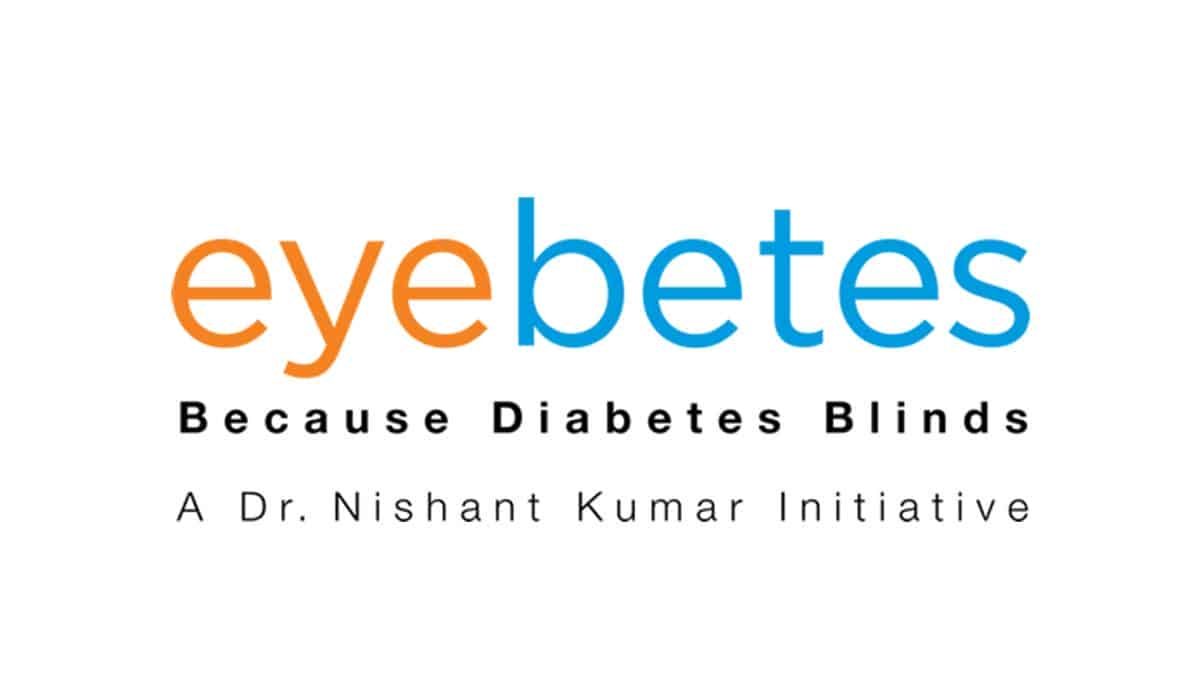Eyebetes Foundation announces results from India’s largest sero-surveillance study amongst health workers

TheEyebetes Foundation and Dr Nishant Kumar along with doctors at Sir JJ Group of hospitals and with the support of Smt. Supriya Sule (Member Parliament and senior NCP leader), conducted the largest-of-its-kind sero-surveillance study in India to evaluate how many healthcare workers had been infected with Covid-19 in the recent past. The study checked for the presence of antibodies to the Covid-19 virus, SARS-CoV-2, in doctors, nurses and ancillary staff. The healthcare workers were from three of Mumbai’s largest government hospitals: JJ Hospital, GT Hospital and St Georges Hospital.
In the study, 11.1% of healthcare workers tested positive for Covid-19 antibodies, which was lower than some other developed countries such as the UK (45%, in one study). Some of these healthcare workers had been screened earlier and found positive for Covid-19. Amongst those who had never had any symptoms suggestive of COVID-19, 9.6% were seropositive. [DTC1] This means they unknowingly had an infection and could have transmitted the virus to others, if they were not careful about safety and hygiene protocols.
Contrary to what was expected, the seroprevalence in non-Covid-19 hospitals was significantly higher than those in Covid-19 hospitals (13.5% vs. 8.7%). Moreover, there were significant differences amongst the groups of healthcare workers: 7% of doctors and 6.8% of nurses had Covid-19 antibodies, as compared to 18.5% of ancillary healthcare workers.
Commenting about the findings, Dr Nishant Kumar, lead author and founder of the Eyebetes Foundation, says, “Doctors and nurses are known to be at an increased risk of Covid-19 infection because of their continuous exposure to and close contact with patients who may have Covid-19. Our study highlights that in addition to these frontline health workers, ancillary workers appear to be at a higher risk of infection, indicating their need for better protection on the job. We were also surprised by the higher seroprevalence in non-Covid-19 hospitals, which emphasises the need for the same level of Covid-19 protection protocols and policies, regardless of the type of hospital.”
The risk of Covid-19 in ancillary healthcare workers has not been documented so far. These cleaners, porters, ward boys, laboratory technicians, ward clerks, administrative staff and security staff also come in direct contact with patients and may work closely and intimately with them during their stay in the hospital.
Commenting about what needs to be done, Dr Shibal Bhartiya, Senior Consultant, Ophthalmology, Fortis Memorial Research Institute, India says, “This is the first study to evaluate the risk of Covid-19 in ancillary workers in such detail. It is possible that the high seroprevalence in this group is linked to poor awareness of the precautions they need to take, to reduce their risk of getting and transmitting Covid-19. These ‘mamas’ and ‘mausis’, as they are affectionately called, are the backbone of patient care and cannot be expected to socially distance from patients. We need to train them and have more frequent testing amongst this group so that those who get the infection can be treated and recover fully before returning to patient care.”
The Eyebetes Foundation study has been submitted to The Lancet for peer review and publication.
About the survey:
A total of 801 healthcare workers comprising 201 doctors, 300 nurses and 300 ancillary workers from JJ Hospital, GT Hospital and St Georges Hospital, Mumbai, underwent a blood test to detect antibodies to the Covid-19 virus. The Roche Diagnostics’ Elecsys Anti-SARS-CoV-2 assay (Roche Diagnostics, Rotkreuz, Switzerland) used for the study is an automated immunoassay intended for qualitative detection of antibodies to SARS-CoV-2 with a specificity of 99.8% and 100% sensitivity for patients 14 days post-PCR confirmation. This test has been widely used in the UK and USA. The Eyebetes Foundation, a registered charitable foundation, Mumbai, India, provided all the serological tests for free for the healthcare workers.
A sero-prevalence test is used to detects the presence of antibodies to the Covid-19 virus in the blood. These tests can reliably detect a past Covid-19 infection but are not useful in detecting an active Covid-19 infection.

